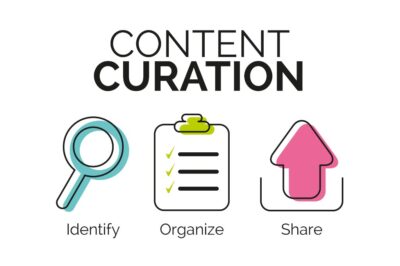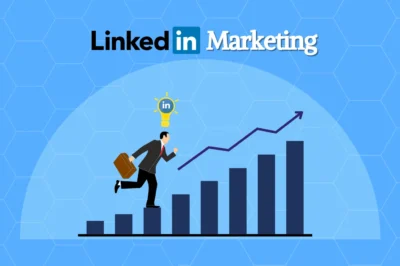
Personalized Marketing: The Key to Unlocking Customer Engagement
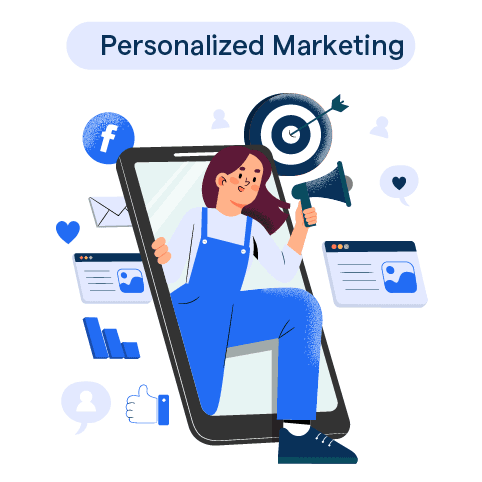
Introduction
In today’s digital age, where consumers are bombarded with countless marketing messages, it’s more important than ever to stand out from the crowd. Personalized marketing offers a powerful solution by tailoring marketing efforts to the unique needs and preferences of each individual customer.
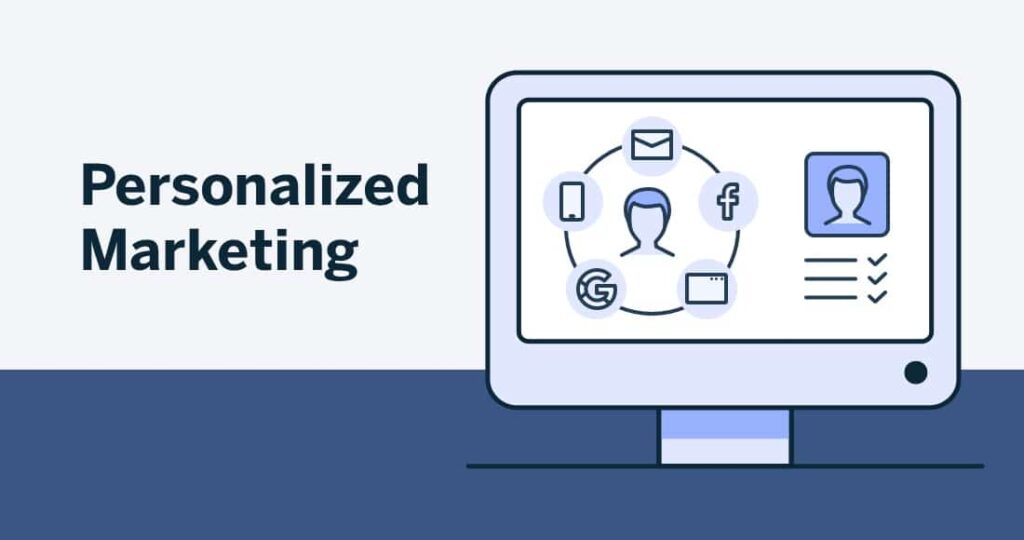
What is Personalized Marketing?
Personalized marketing involves collecting and analyzing data about customers to create highly targeted and relevant marketing campaigns. This data can include demographics, purchase history, browsing behavior, and social media interactions. By leveraging this information, businesses can deliver personalized messages, offers, and experiences that resonate with each customer on a personal level.
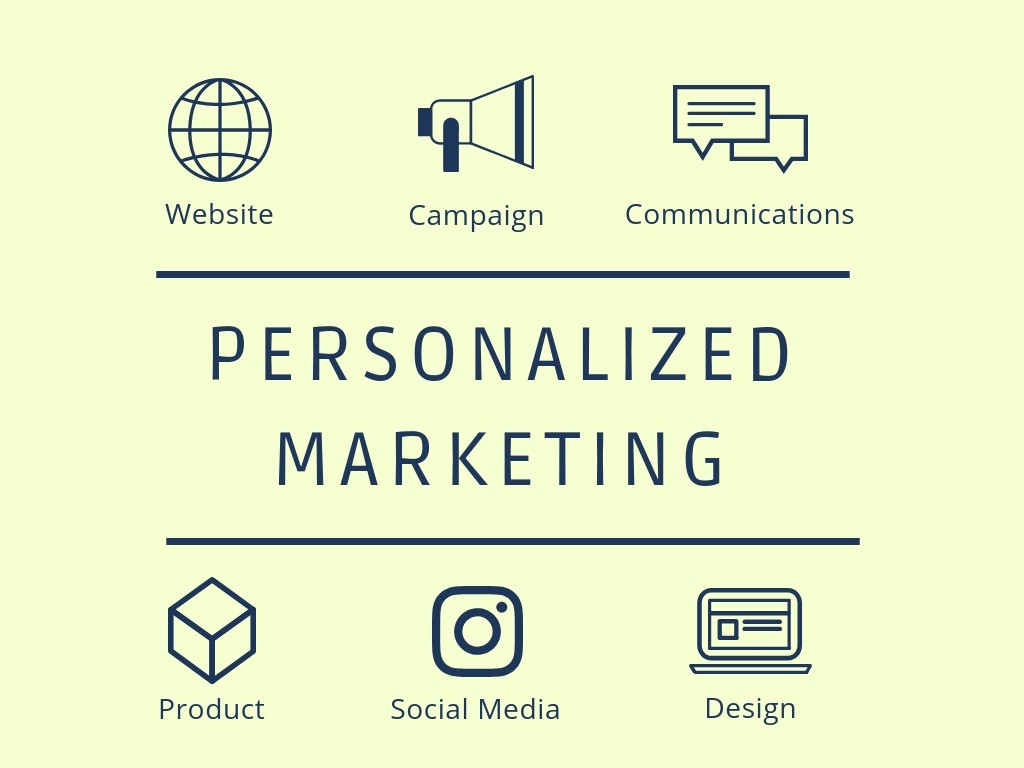
Benefits of Personalized Marketing
Personalized marketing offers numerous benefits for businesses, including:
- Increased customer engagement: Personalized messages and offers are more likely to capture customers’ attention and drive engagement.
- Improved conversion rates: By targeting customers with relevant content, businesses can increase the likelihood of conversions and sales.
- Enhanced customer loyalty: Personalized experiences foster a sense of connection and loyalty, leading to repeat purchases and positive word-of-mouth.
- Reduced marketing costs: By focusing on the right customers with the right messages, businesses can reduce wasted marketing spend.
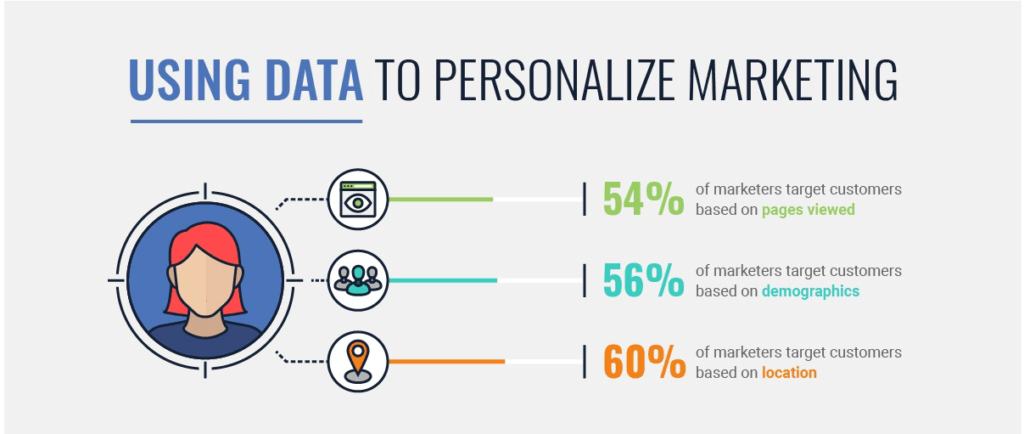
How to Implement Personalized Marketing
Implementing personalized marketing requires a strategic approach:
- Collect customer data: Gather data from various sources, such as website analytics, CRM systems, and social media platforms.
- Segment customers: Divide customers into groups based on shared characteristics or behaviors to create targeted campaigns.
- Create personalized content: Develop marketing messages, offers, and experiences that are tailored to each customer segment.
- Use automation tools: Leverage marketing automation platforms to automate personalized email campaigns, website recommendations, and social media ads.
- Track and measure results: Monitor the performance of personalized marketing campaigns to identify areas for improvement and optimize results.
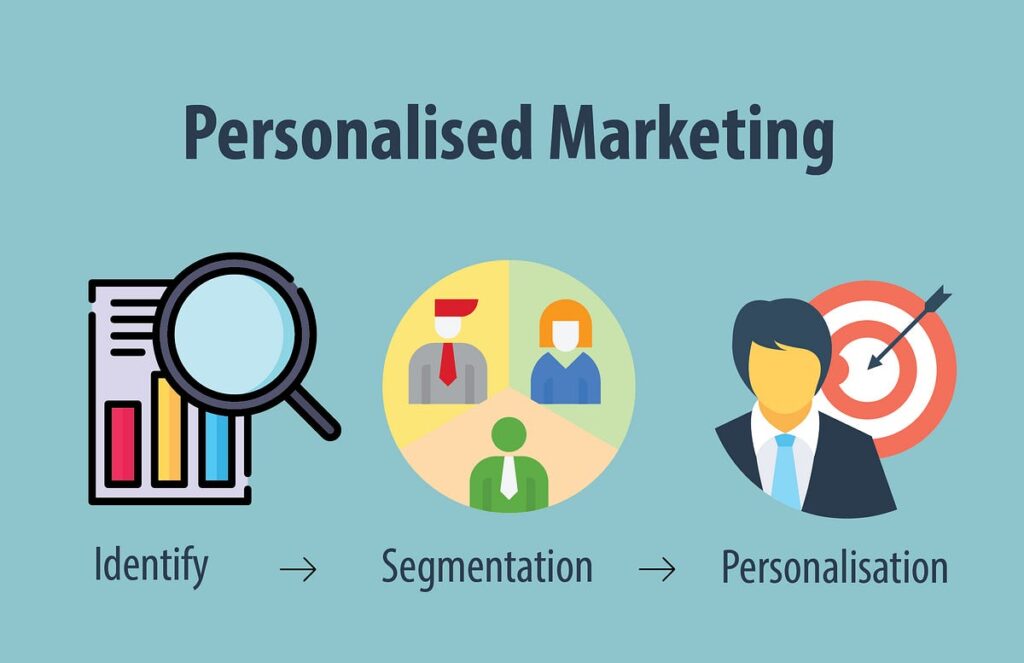
Examples of Personalized Marketing
- Amazon’s personalized product recommendations: Amazon uses customer purchase history and browsing behavior to recommend products that are likely to be of interest.
- Netflix’s personalized movie suggestions: Netflix analyzes user viewing habits to create personalized movie recommendations that match their preferences.
- Starbucks’ personalized rewards program: Starbucks offers personalized rewards and promotions based on customer purchase history and preferences.
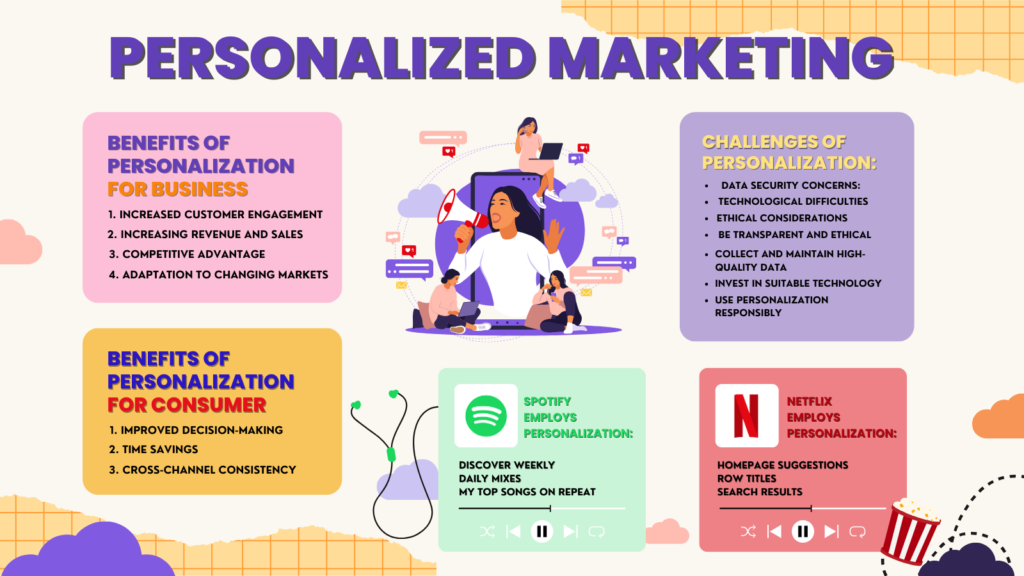
Conclusion
Personalized marketing is an essential strategy for businesses looking to connect with customers on a deeper level, drive engagement, and increase conversions. By collecting and analyzing customer data, businesses can create highly targeted and relevant marketing campaigns that resonate with each individual customer. By embracing personalized marketing, businesses can unlock the full potential of their marketing efforts and build lasting relationships with their customers.
